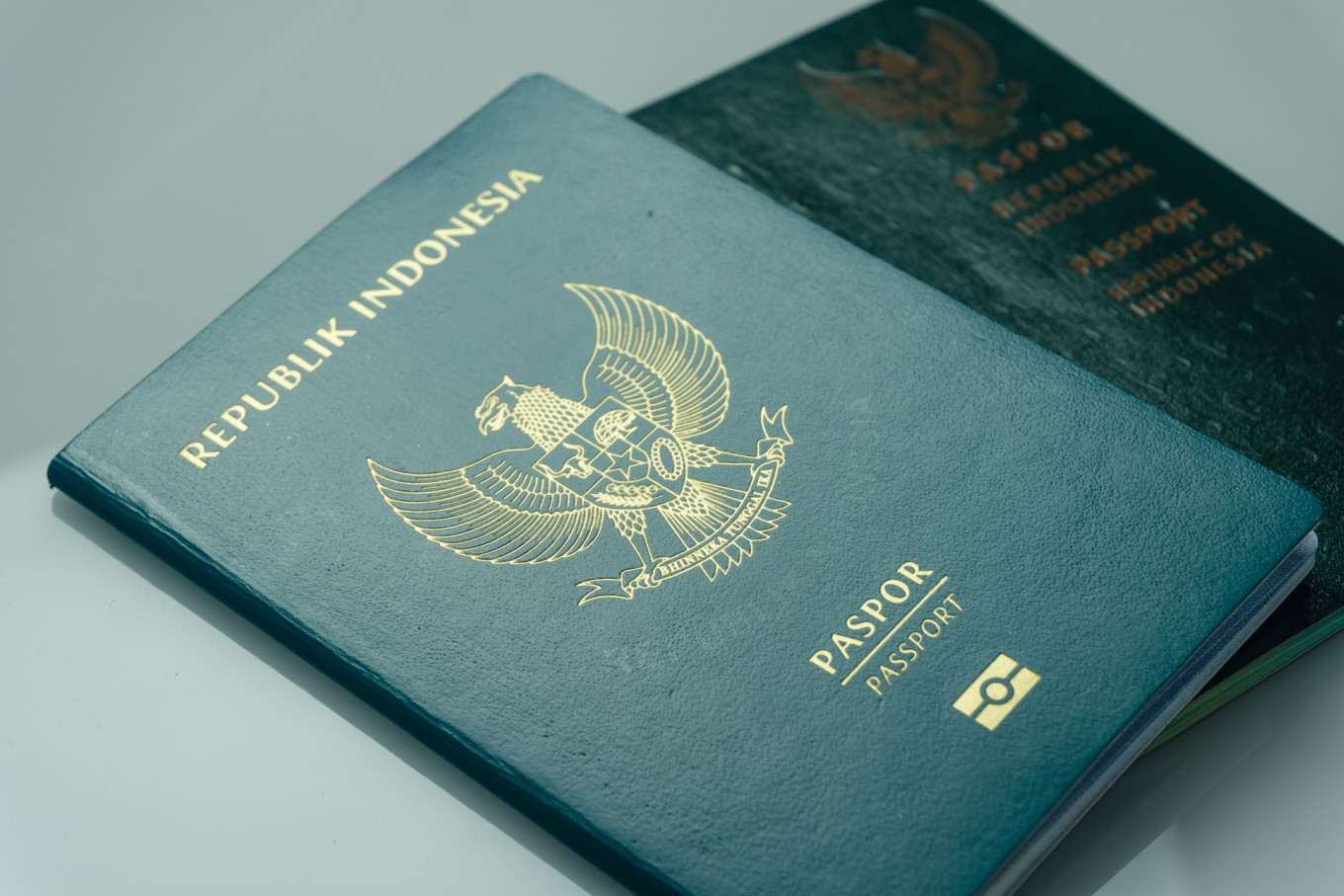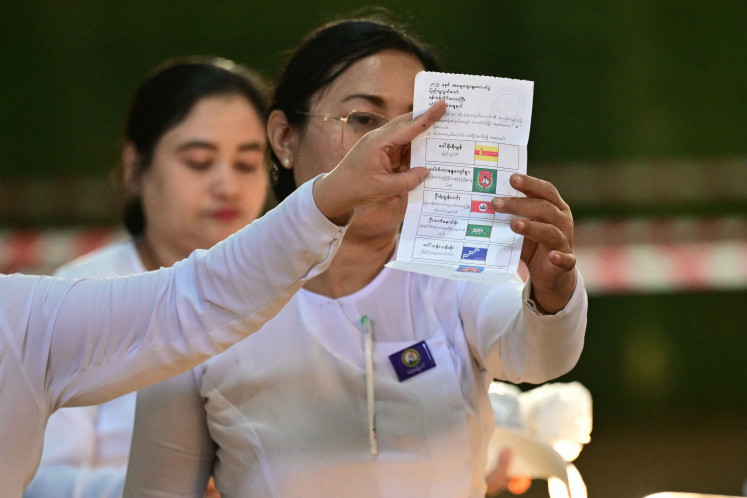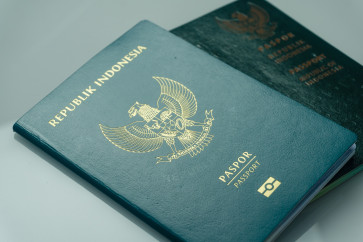Popular Reads
Top Results
Can't find what you're looking for?
View all search resultsPopular Reads
Top Results
Can't find what you're looking for?
View all search resultsRethinking ‘One Nation': Why Indonesia should allow dual citizenship
As we commemorate the Sumpah Pemuda, perhaps it’s time to rethink what “one nation” means in a global era, and why letting Indonesians hold dual citizenship could strengthen, not weaken, our unity.
Change text size
Gift Premium Articles
to Anyone
E
very Oct. 28, Indonesians around the world commemorate the Sumpah Pemuda, the 1928 Youth Pledge that united people across ethnic, linguistic and religious lines under one nation, one language and one motherland. The spirit of the Sumpah Pemuda remains a powerful reminder of unity in diversity and of the shared love of country that transcends identity and geography.
Yet, nearly a century later, that same pledge is being invoked to deny many Indonesians abroad the right to maintain their connection to their homeland. Under current law, Indonesia does not recognize dual citizenship for adults. This means countless Indonesian-born citizens who have built their lives overseas must make a painful choice: remain Indonesian but face limitations abroad or gain citizenship in another country and lose their Indonesian identity on paper.
For children of mixed-nationality families, this issue hits especially close to home. Thanks to the 2006 Citizenship Law, children born to an Indonesian parent and a foreign parent may hold dual citizenship until they turn 18. After that, they must choose one. My daughter, born in Thailand and raised in the United States to an Indonesian mother and an American father, will soon face that difficult choice.
When she turns 18, she will have to decide whether to keep her Indonesian citizenship or her American one. The law treats this as a straightforward administrative decision. But for children like her, it is far more emotional, a question of belonging, of identity and of love for both the country of their parents’ roots and the country of their own upbringing.
When he was asked last year why Indonesia still rejects dual citizenship, then-law and human rights Yasonna Laoly replied that the Sumpah Pemuda declared “one nation, Indonesia,” and therefore Indonesians should have only one citizenship.
I understood his point, back in 1928, loyalty to one nation was a rallying cry for independence when our forebears were still fighting colonial power. But the world has changed dramatically since then.
Today, Indonesians live, study and contribute globally. They are no longer defined solely by where they were born or whether both parents are Indonesian, but by how they carry Indonesian values wherever they go.



















